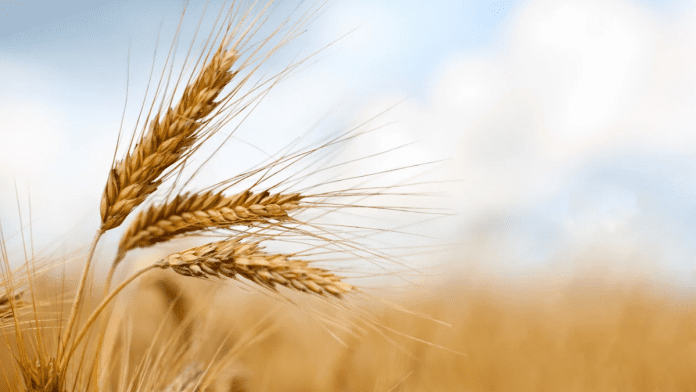News in brief: Extreme weather has negatively impacted Germany harvests output, with key crops showing lower yields and an overall grain harvest below average.
Extreme weather conditions adversely affected Germanyâs harvest output, according to new data released by the countryâs official government harvest reports.
During the report presentation, Germanyâs Agriculture Minister, Cem Ozdemir, said that the adverse weather was increasingly turning the countryâs harvests into a lottery.
The country has experienced several seasons of unpredictable weather recently. From unusually mild winter in 2022, a spring in 2023 that started rainy and ended dry, to an arid summer that turned unusually rainy just in time to impede the harvest of key crops.
The report says that key crops like winter wheat, showed a yield rate 3% lower than multi-year average. Overall grain harvest was 4% below the multi-year average, with central and northeastern regions particularly showing low values.
Heavy rainfall around harvest time was a major obstacle to quality harvest. The agriculture minister said he has made calls for stakeholders to work together and make agriculture climate-proof because it was necessary for the continued safety of future harvests.
Ozdemir further stated that it was not in the best interests of the country’s agriculture to delay climate protection and climate adaptation moves.
According to analysts and experts, adverse climate trend is a cause for concern. Joachim Rukwied, President of the German Farmersâ association, remarked on the clearly noticeable effects of climate change on the sector.
Meanwhile, Jorg-Andreas Kruger, who heads the Nature And Biodiversity Conservation Union (NABU), said weather activities in 2023 shows how the climate and nature crisis threatens food production already. He adds that there is a need to do everything possible to ensure yields and food security in the future.
Kruger suggested that these should include breeding more resilient plant varieties, a wide range of active ingredients for crop protection, water-saving and conservation tillage, and targeted promotion of irrigation infrastructure.
Supporting this view, the German section of the World Wildlife Fund (WWF), recommended a diverse agricultural landscape as a way to make the sector more climate resilient.
The organisation said this would help to prevent erosion while providing a habitat for natural counterparts to pathogens and pests. It adds that this measure would assist in keeping water where it is needed to produce valuable food for as long as possible.
Germany’s harvest report mirrors a similar situation concerning the ongoing impacts of extreme weather on agriculture across the world. The issues form the nucleus of an upcoming discussion at the Harvest Report to the European Parliament.



